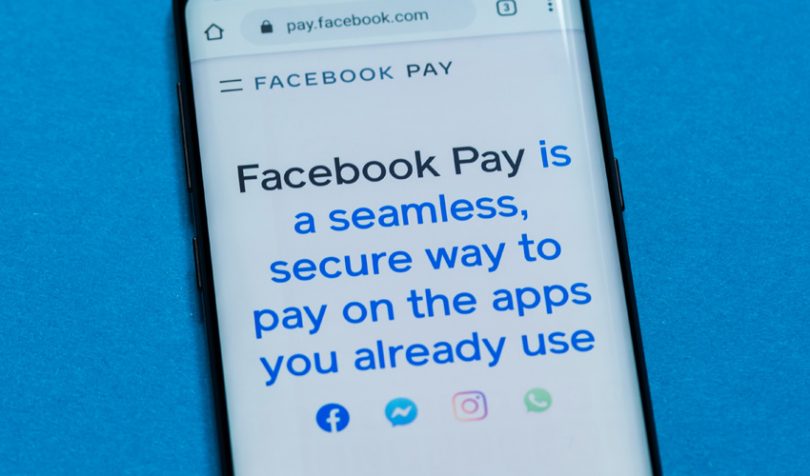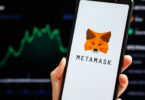Highlights
- David Marcus to run both Novi (Calibra) and Facebook Financial
- Facebook’s biggest source of income is small business
- Payments provide conversion information for ads that are 98% of revenues
- Privacy regulations and Apple iOS changes will impact ad tracking
- Facebook Pay and Libra could help with tracking
On Monday Bloomberg reported that Facebook’s David Marcus will now be responsible for a new division, Facebook Financial (F2). The move expands Marcus’ blockchain role from overseeing the Novi Libra wallet (formerly Calibra) to cover Facebook Pay and other payment apps.
Given David Marcus is the former President of PayPal, it makes sense to expand his oversight in what is seen as a current priority area.
One could read this as a diluted focus on Libra, but the move supports the strategy that Facebook has been touting for a little while: emphasizing commerce and small business in particular. In its second quarter earnings call two weeks ago, “small business” was mentioned 34 times. On the call, Mark Zuckerberg said: “Small businesses are the biggest part of our business.” Additionally, COO Sheryl Sandberg recently stated that “Facebook is the business of small business”.
Article continues …

Want the full story? Pro subscribers get complete articles, exclusive industry analysis, and early access to legislative updates that keep you ahead of the competition. Join the professionals who are choosing deeper insights over surface level news.






